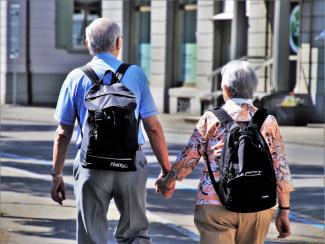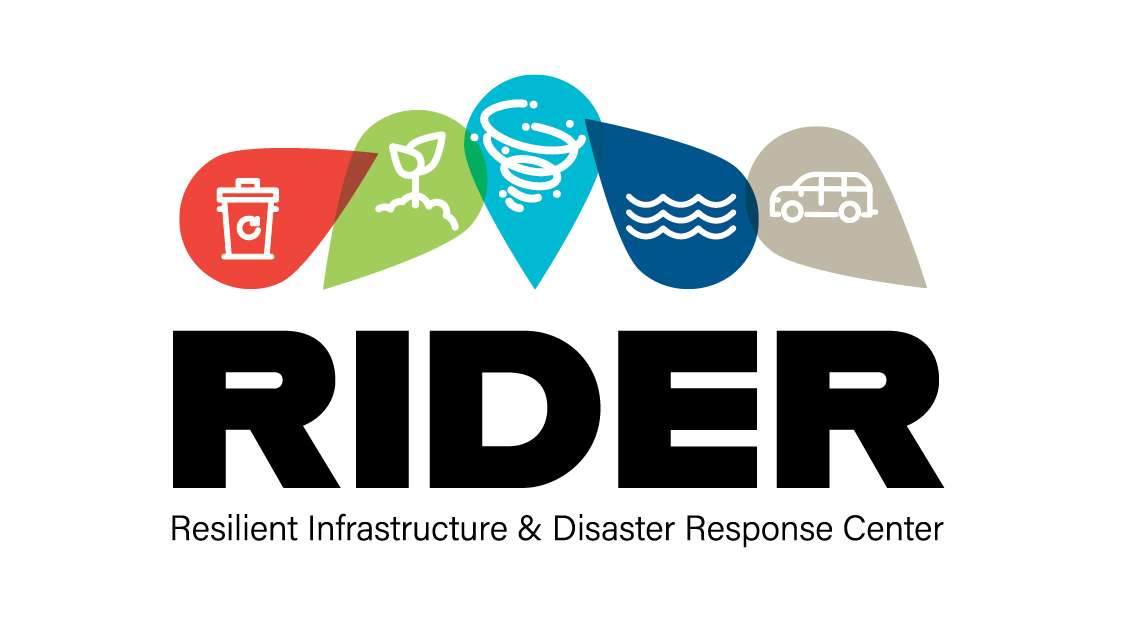
This article originally appeared in the Orlando Sentinel
We know tropical storms and hurricanes are coming. While heading into the weeks of high risk and preparation for the worst, we need to take steps to include older adults in community and organizational plans. With pro-active planning, we can make sure no senior is left without assistance.
Hurricane Irma clearly showed that many seniors were reluctant to evacuate due to their fear for dangerous environments, loss of property, and language/cultural barriers. For many seniors who have trouble dressing, bathing, concentrating, remembering and making decisions, the evacuation process was complicated and stressful. Many declined to take action because of constraints based on their special needs, physical disabilities, cognitive impairments, concern for pets or lack of financial resources. Emergency plans must take into account these factors affecting older adults.
Pets are a problem easily overlooked by emergency planners but of high concern to older individuals. Our study in the Miami-Dade area clearly showed the critical needs of senior pet owners lacking financial resources to place their pets in safe care and living farther from shelters. Seniors living individually, especially those in rural areas, needed help during Hurricane Irma, and this help can come faster from people within the community, local people helping each other.
There is a clear need to educate seniors about the risk associated with hurricanes and to disseminate accurate information to them as quickly as possible via radio, TV, phones and door-to-door notifications. When sharing information, steps must be taken to avoid hitting the language and cultural barriers. Clearly indicating the locations, dates and times for pickups, describing the features of shelters (special needs, pet friendly), and explaining what they can carry will help older adults prepare and respond as indicated in our study. Communities that foster such plans will be more resilient and ready given the unpredictability of hurricanes.
Hurricane registries, which sign up people with functional, special or medical needs, are important. They are widely used to identify those individuals who need transportation or medical assistance. Registries, though, have weaknesses. During Irma, the actual demand was significantly greater especially because stressed aging residents who normally might go to a regular shelter sought shelters for people with special needs and/or pets. Hence, many more people than expected arrived at these shelters.
In addition to relying on registries, a suggested improvement in our study is to work through existing disability networks, for-profit and nonprofit agencies, voluntary entities, faith-based organizations, community-based centers, neighborhood-level groups, hospitals and governmental organizations to reach the seniors. This can lead to a better understanding of the size, location and composition of seniors in the communities. Repurposing existing regular hurricane shelters to serve those older adults with pets and special needs was also highlighted as a promising managerial solution.
Many seniors can evacuate individually or with their households, but others live in congregate care. Although Florida prepared for and ordered evacuation of nursing homes and retirement communities before Irma hit the state, tragedies such as the deaths in the Broward County nursing home due to a lack of air conditioning were not avoided. Better emergency evacuation planning for senior assisted facilities and communities is needed to make relief operations more efficient while maximizing survival chances for older adults.
During Irma, the problem of rapid evacuation and sheltering is exacerbated by roadway disruptions and ineffective emergency plans. Many roads were blocked, traffic jams slowed evacuations, and transport for individuals with special needs did not show up or arrived very late. There were significant outages of electrical power and medical supplies, and some shelters lacked medical supervision. To better prepare in the future, emergency planners must assess the impact of such disruptions on older adults. One Hurricane Hermine-focused study examined the senior community resilience in the presence of power outages and roadway closures, and identified those less-resilient senior communities.
There is no doubt that needs of seniors must be incorporated into all aspects of hurricane plans. But removing barriers for seniors is not easily done. It requires state and local officials to design better training programs for older adults and increase the accessibility and safety of communities. It also requires communities themselves to form strong social networks and develop resilient emergency plans that take advantage of neighbor-to-neighbor ties and other community connections.
We know that storm preparation works. But recent hurricanes show that Florida needs to better prepare. Our research indicates that with these improvements, Florida and its communities can development storm-emergency plans that fit the diverse needs of senior adults and allow for less-stressful evacuations, assist with effective sheltering and, ultimately, save lives.



